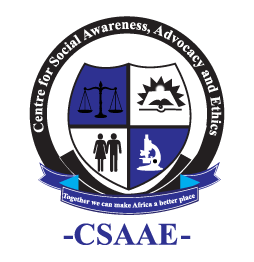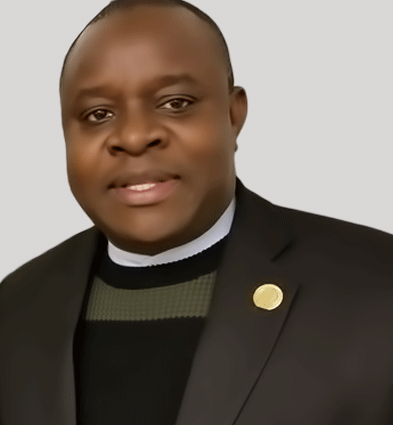Nigeria, is a country of about a 200million people, the most populous black Nation on earth. The county has faced a lot of tribulations in the past, but the past few months have been one of the simultaneous issues that cross crisply along the contour of Human rights, patriotism, Survival, Movement, and standards of living.
On the 23rd of November 2023, The Central bank of Nigeria, The apex Bank in the country, announced the redesign of 1000, 500, and 200 denominations of the naira note. The sudden policy change came with a chain reaction across the nation, The Central bank Governor, Mr. Godwin Emefiele, subsequently announced that the Old naira note would no longer be recognized as a legal tender from the 10th of February 2023. The new policy saw the dearth of naira notes both old and new because those in custody of the old notes are in hast to exchange them for new ones. Ultimately propelling a high demand for the currency. The Currency is difficult to obtain and reaching various commercial banks the long queues of people seeking the naira notes are implausible.
Nigeria is one of the top producers of crude oil in the world and the top producer of crude oil in Africa, the categorization elucidating to an average Nigerian as to why the country has long fuel lines doesn’t make sense. Nigeria has about 11,458,370 cars on the road (NBS 2017) and has over the years shown it cannot support its population’s fuel needs. Some of the causes of fuel scarcity may include;
I. Lack of adequate investment in the downstream sector has been fingered as the cause of the perennial fuel scarcity and its attendant long queues in filling stations across the country.
II. Massive corruption amongst some of the marketers of the product
III. Oil theft
IV. Vandalism of depots belonging to the Nigerian National Petroleum Corporation (NNPC) Limited
V. Product Speculation

These various issues have led to one of the biggest headaches the country is suffering today.
The Independent National Electoral Commission (INEC) has just closed the collections of voter’s cards on the 4th of February 2023. The collection of the permanent voter’s card (PVC) by Nigerians, saw numerous persons, most especially the first-time voters who are below 24, (GEN Zs), stand in very long lines. This is expected to repeat, on Saturday the 25th of February, and March 11, 2023, when Nigeria is expected to go to the polls to elect its new National and state leaders respectively.
“You go queue to collect money, wey you go use queue to buy fuel, come go stand for queue to collect voters card and queue again on elections day”
The Centre for Social Awareness, Advocacy, and Ethics (CSAAE), an organization that constantly advocates for good governance, see all these problems as a failure in leadership, disrupted planning, and Leadership losing touch with the plight of the masses. These various issues are an avenue for offshoot reactions to a range of social problems. The Centre for Social Awareness, Advocacy, and Ethics, remains committed to a better Africa where all can find support and encouragement to work hard, live with dignity, and feel proud to belong. CSAAE would continue to engage governmental agencies on multifarious of these issues and ways to mitigate them.
Live is a procession, but it shouldn’t be a “long procession” in queues caused by a fundamental failure in leadership, which has instigated profound suffering in the people.
Written by;
Osunkwo Kingsley Uzoma
Fellow, Centre for Social Awareness, Advocacy and Ethics.


